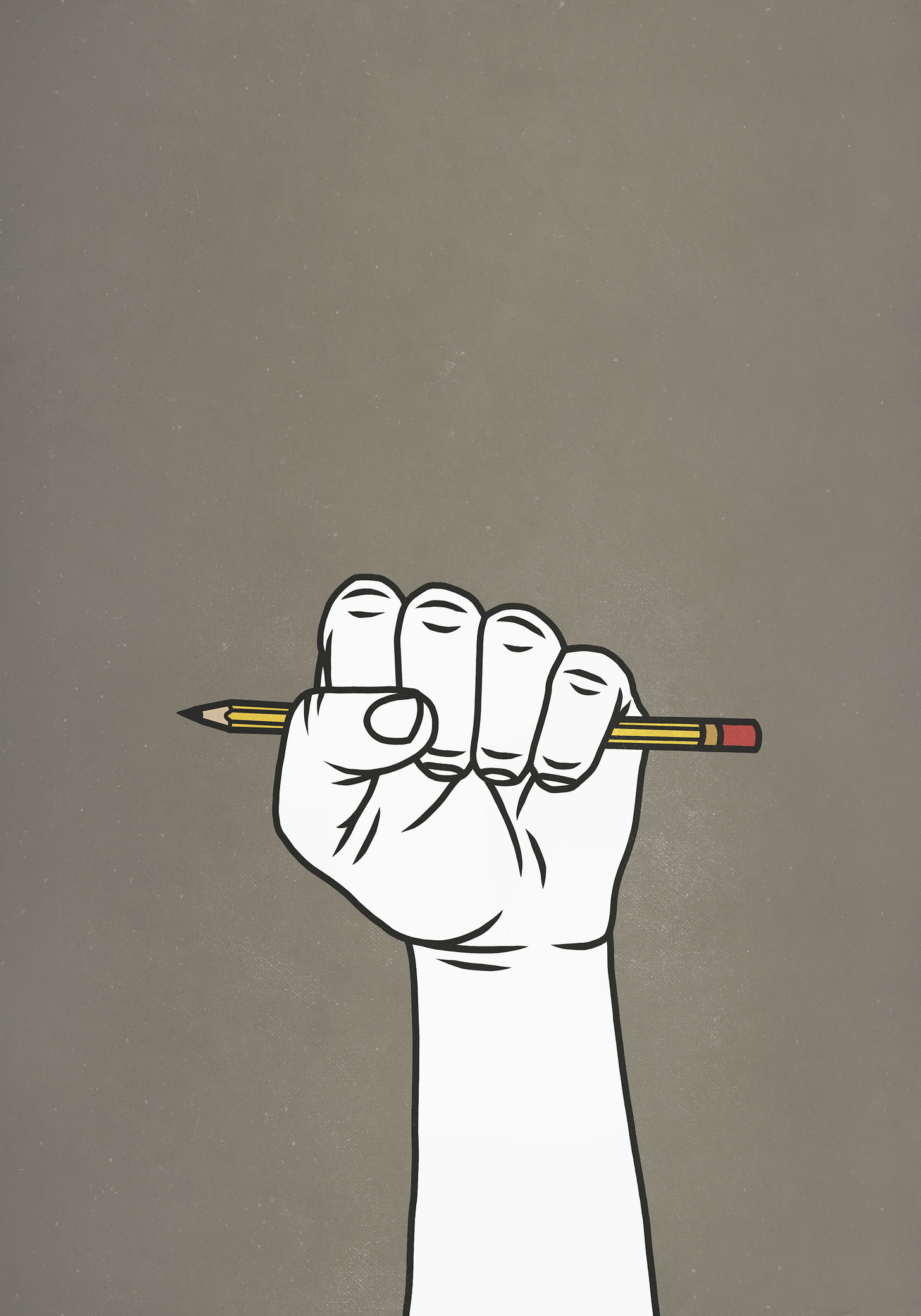Parents Do Not Have A Right To Deny History
Parents certainly have rights, but they do not have the right to stand in the way of justice, truth, or democracy.
In the wake of Glenn Youngkin’s victory in the Virginia governor’s race, many savvy political analysts are pointing to his gameplan of talking up schools and “parents’ rights.” They see this as a way to stoke backlash to perceived “Democratic overreach.” Sure enough, many journalists have swung behind this narrative, interviewing parents who say they are swayed by the Republican arguments - those parents invariably happen to be, as far as I have seen, almost exclusively white.
Nevermind that the specifics of Youngkin’s supposedly pro-school agenda are about as thin as a sheet of tissue paper. More funding? Better teacher pay? Innovative classrooms? A focus on science and technology? Better college counseling? Pre-K opportunities? He wasn’t talking about that kind of school stuff. Instead, his “appeals” to voters on education amounted to a dog whistle - the all-out protection against the teaching of so-called “critical race theory,” which he never really defined and of course isn’t taught in Virginia’s schools.
You don’t have to be an educator or historian to understand what’s really at play. This is about stoking the fears of parents. Now to be fair, some of the current parental concern and dissatisfaction around schools is deserved and widespread, particularly around closings and COVID. But Youngkin was also tapping into something much deeper, and darker - racism and the fear from some white parents that their children will be presented with a history of America that they don’t want them to learn.
I am sure if you look hard enough you can find some cases where individual teachers may have gone too far or have been misplaced in how they presented American history and culture to the point that they have overcorrect the mythologies that have long been the basis of curriculum.
But those cases, however numerous they may be, are dwarfed by the institutional blindness and simplistic stories that for too long have presented our history as one of the achievements of mostly white men and overlooked the contributions of other peoples. And even more importantly, for too long the darker chapters of our national narrative have been downplayed or entirely expunged from what our kids learned in school.
Let’s be very clear. I covered the Civil Rights Movement in its early years, and if we had based our decisions on “parents’ rights,” our schools might still be segregated by law. Even so, we have a system that keeps our schools largely segregated in practice, because of how segregated our housing is. And you can add that the funding of our schools is often unequal, and does little to address the legacies of discrimination.
Parents certainly have every right to voice their opinions. They have every right to vote on what they believe. School boards should be accountable. We need open forums for discourse and dissent. But at the same time, when parents are acting on their own biases, when they are being stoked by cynical political actors, when they are threatening violence and intimidation, then there should be no free pass on the banner of “parents’ rights.”
What do you think of the history? And what are you seeing in your communities?


Several years ago, I taught English to pregnant high school students in the Tulsa area. Our district's junior English curriculum called for teaching The Great Gatsby (about privileged white people who basically get away with murder) which I detest. Instead, I petitioned my (Black) principal to teach Magic City by Jewell Parker Rhodes, a fictionalized account of the 1921 Tulsa Race Massacre (also a story about privileged white people getting away with mass murder). She was not inclined to agree, because the text used the N-- word liberally and the F-- word occasionally. I insisted my choice was more relevant to our population of mostly white, but disadvantaged youth. Finally she stipulated that if I sent letters home about the language issues and allowed parents to opt out, I could teach the book. Only one student's parent objected, so I had that girl read Gatsby while the rest of us read Magic City. Often aloud. In the classroom. While the one student sat with her copy of Gatsby open on her desk but her attention riveted to our discussion. Students were aghast at the horrid events of 1921 and enraged by the injustice served. Opening their eyes to this shameful event in Oklahoma history was one of my proudest moments as a teacher. Students need to develop empathy, but they will not if they aren't challenged to see the injustices of this world. And thus, the injustice is perpetuated.
I grew up in 50’s segregated South.
As a young child I never understood why blacks (which was not what adults in my life called them) walked in our small town with their head down and never looked at white people eye to eye.
I wondered why the “good Church ladies” zealously raised money to save the starving children of Africa while doing nothing for those who lived down the the road in old sharecropper houses.
I could write a book on Critical Race Theory just of my observations at a young age.